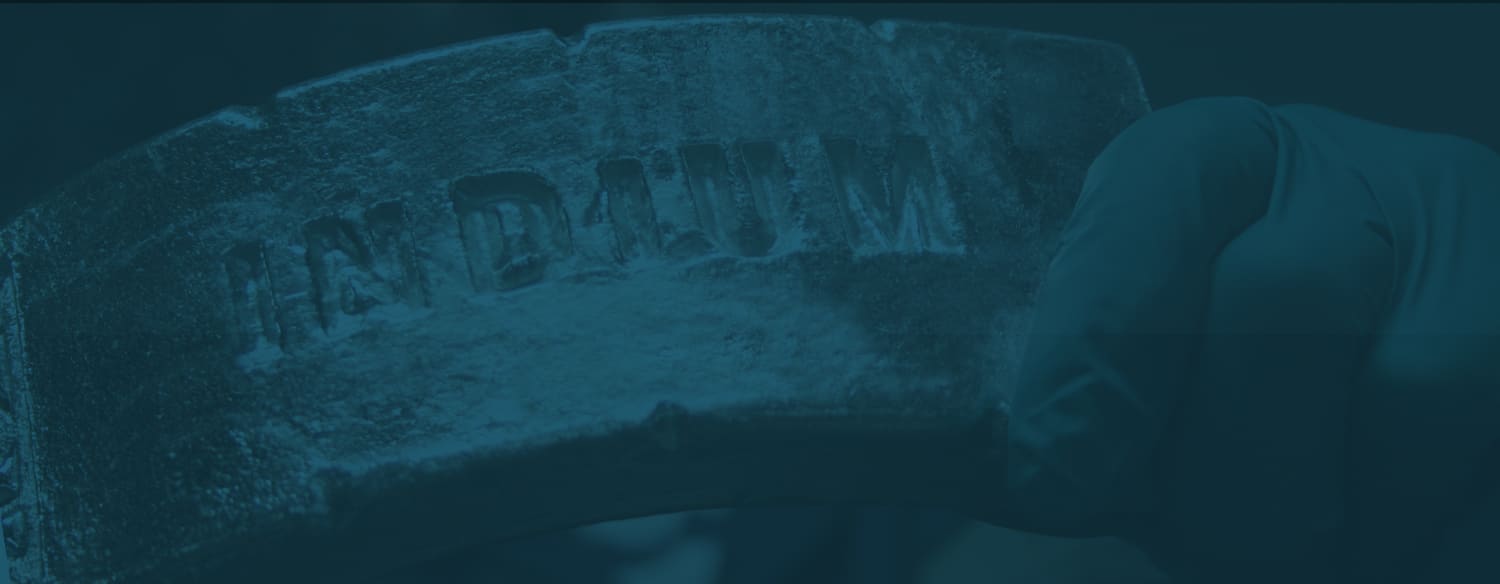Considering the relentless push for higher power densities, coupled with increased cycling, a lot is being asked of insulated-gate bipolar transistors (IGBTs). Hybrid electric vehicles, green energy, and power management are just a few of the industries taking advantage of IGBT technology. The increased demand on the IGBT cascades down to the interconnect level of the device. Customarily we rely on the physical attributes of a properly manufactured and applied solder material. However, the traditional role of solder is being challenged by these demands on reliability and performance. We have engineered our solder products for this space to meet these challenges.
There are three attach levels of peak concern in the IGBT stack up.
Die Attach
Goal: Low voiding, Improved wetting
Answer: Ultra-pure solder alloys designed and manufactured for die-attach grade use, ensuring successful wetting and low voiding in a flux-less attach system. In cases where a flux is needed, we provide flux coating formulations that achieve minimal voiding and good wetting.
Products:
Semiconductor-Grade die-attach solder ribbon and solder preforms.
DBC to Baseplate
Goals: Bond line co-planarity
Answer: The addition of a metallic reinforcement matrix to the solder, acting as a stand-off which offers consistency in the bond line thickness and adds strength laterally which enhances thermal cycling survivability.
Products:
InFORMS® for IGBTs
Baseplate to Heatsink
Goals: Superior thermal transfer capabilities that are resistant to degradation
Answer: A wide range of thermal interface materials that are pump out/bake out resistant and have superior Z-direction thermal conductivity
Products:
Heat-Spring® HSHP Sn+ Thermal Interface Material
HeatSpring® HSMF Thermal Interface Material
To find out more about our products designed for IGBT assembly contact me directly!


